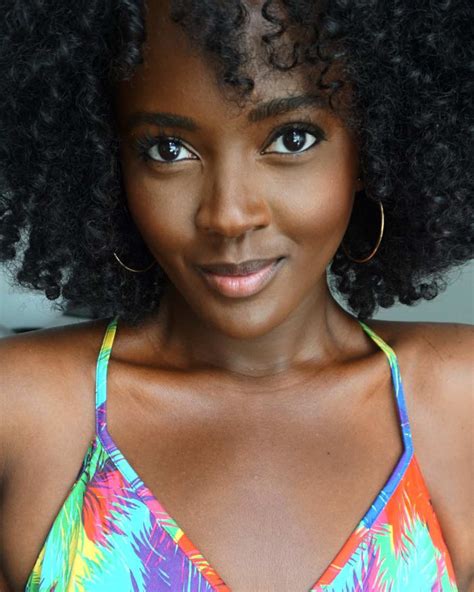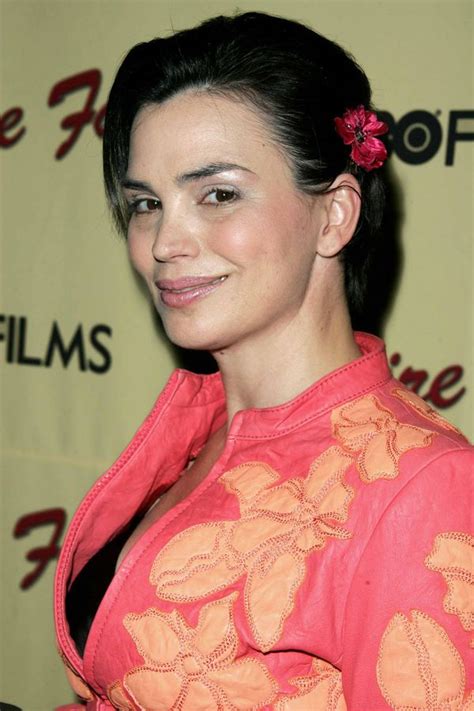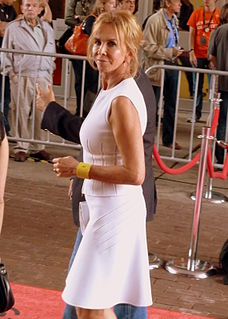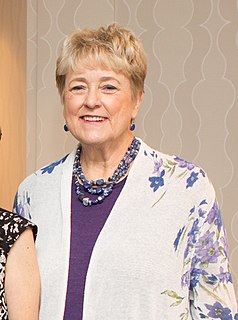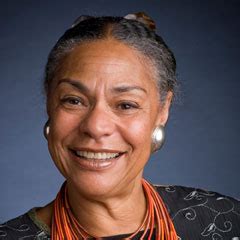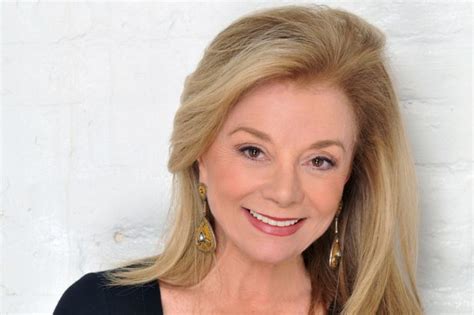A Quote by Madeleine M. Kunin
A source of conflict for women everywhere is the pull between reproduction and production. Women worldwide have difficulty in balancing their dual roles as caregivers and providers.
Related Quotes
If women take their bodies seriously and ideally we should then its full expression, in terms of pleasure, maternity, and physical strength, seems to fare better when women control the means of production and reproduction. From this point of view, it is simply not in women's interest to support patriarchy or even a fabled "equality" with men. That women do so is more a sign of powerlessness than of any biologically based "superior" wisdom.
If you just look at the number of roles for women versus the number of roles for men in any given film, there are always far more roles for men. That's always been true. When I went to college, I went to Julliard. At that time - and I don't know if this is still true - they always selected fewer women than men for the program, because there were so few roles for women in plays. That was sort of acknowledgment for me of the fact that writers write more roles for men than they do for women.
Throughout my career I've played a lot of parts that might've been played by a man. They're human roles rather than specifically men or women. I've never been as hooked into that as a lot of women are, you know, like, 'There aren't enough roles for women.' There aren't necessarily a lot of good roles for anybody.
There still aren't enough[ roles for women of color]. And I'd say that's the case, not only for African-American women, but for all women in the Hollywood game. It's just slim pickings, and a very challenging time for us. I think that's why more of us need to work our way behind the camera in order to create roles that really illuminate who women are. We still have room for growth in that area, without a doubt.

